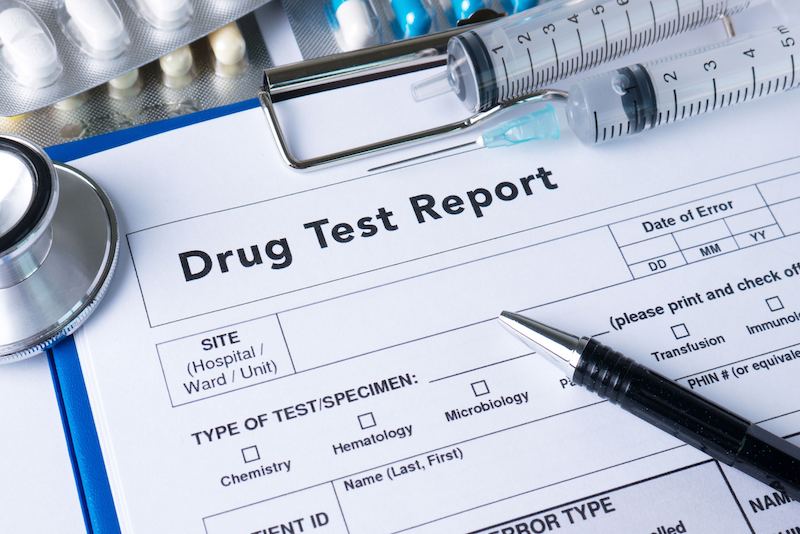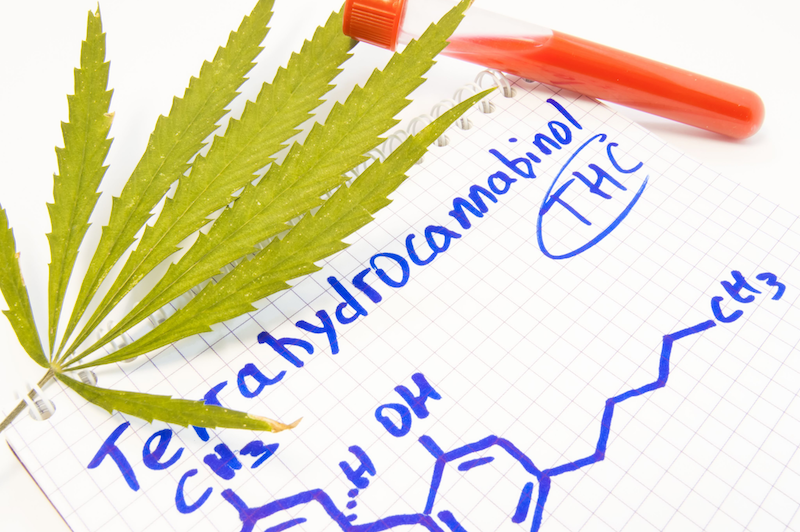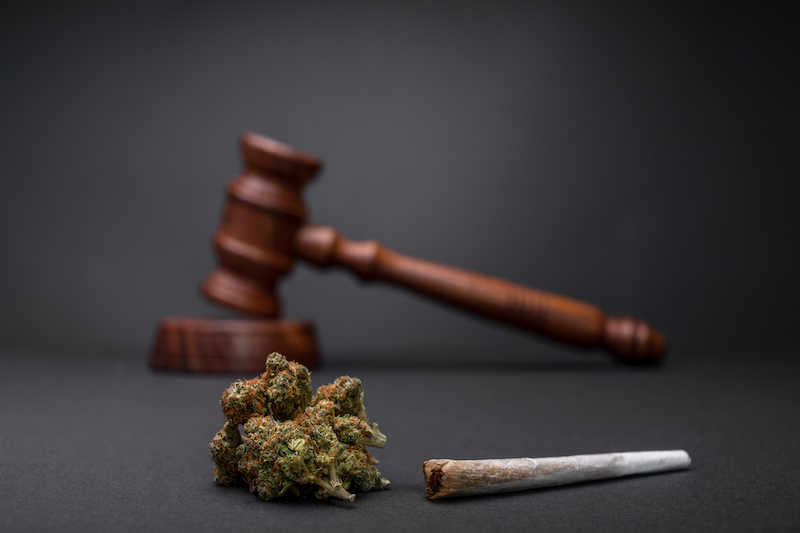Testing for THC: How Long Does Cannabis Stay in the Human Body?
While millions of Americans have turned to medical cannabis to find relief, seek healing, or increase their overall well-being, many still get nervous about the implications of THC or other cannabinoids lingering in their bodily systems.
Rather unfortunately for medical cannabis users, some workplaces conduct drug tests to detect THC or traces of illicit drugs, although 14 states have bans against employers discriminating against those who receive a medical cannabis certification from a medical practitioner.
Drug testing is more common for some professions than others, including those in health and mental health care, commercial drivers, government officials, or those who perform public safety jobs like law enforcement, EMTs, or firefighting. It is also a regular practice for professional athletes to be tested for drugs, including THC, to ensure that there are no performance enhancing drugs being taken.
At Compassionate Clinics of America, it’s important that our patients understand how cannabis interacts with the body, including how long cannabis can stay in the body for the purposes of drug tests.
How is Cannabis Detected by Drug Tests?

Drug tests looking for signs of cannabis use don’t directly test for THC itself in the system, but rather the metabolites that occur when it breaks down in the body.
When THC and other cannabinoids are ingested or inhaled, they are absorbed into the blood stream as well as in the organs and fatty tissues. THC is broken down in the body by the liver into metabolites, which are the resulting substances after the body breaks something down. For THC, the most common metabolites that are formed as a result of breakdown by the liver are 11-OH-THC (11-hydroxy-delta-9-tetrahydrocannabinol) and THCCOOH (11-nor-9-carboxy-delta-9-tetrahydrocannabinol). It is these metabolites that drug tests seek to detect, rather than THC itself.
THC and its metabolites make their way out of the body through urine and stool, however, there are many factors that will determine the rate at which this happens.
Factors Determining How Long Cannabis Stays in the System

As we like to say when discussing cannabis medicine, everybody is different, and every BODY is different, meaning that THC will leave the body quicker for some than others.
One of the largest determining factors of how long it takes to get THC out of the body is frequency of use. Naturally, those who use cannabis more often will have more THC metabolites to excrete, while those who use cannabis just once or have ceased use will expel the metabolites a lot quicker. On the same card, cannabis products that are higher in THC will take longer to break down. Typically too, cannabis that is ingested through an edible, capsule, oil, tincture, or beverage will also take a longer time to break down in the liver than if it is inhaled or smoked.
Other factors include the different biological factors of individual humans, including Body Mass Index (BMI) as well as the efficacy of their metabolic systems (metabolism). Some people have quicker metabolisms, meaning their liver creates metabolites that are eventually expelled, compared to those whose metabolisms are on the slower side.
Lifestyle factors including exercise, water intake, and diet may also affect how long it takes for cannabis to leave the body, but there isn’t an exact correlation, and there isn’t enough evidence to suggest that you can simply “sweat out” THC for a drug test.
General Guidelines for How Long THC Stays in the Body
Understanding that there are biological factors as well as rate of consumption factors that dictate low long THC stays in the body, there are some general guidelines that can help someone understand when they’re likely clear of cannabinoids.
A review of research that was conducted in 2017 determined that THC metabolites can show up in urine for five to seven days after last use, providing that consumption is moderate (moderate being qualified in this case as four times per week). However, for those who use heavily and on a daily basis, it may be up to 30 days before THC metabolites fail to be detected in urine.
Does CBD Show Up on Drug Tests?
When CBD became more commonly used around 2019, there was a lot of cause for concern about CBD being so widely available and how using CBD may affect drug tests that make CBD use show up as the intoxicating cannabinoid THC.
Generally, CBD will not show up on a drug test, provided that the product is 100% THC free. As we know, it’s the THC metabolites 11-OH-THC and THCCOOH that are the targets of drug tests. If you are using CBD and are in a profession that tests for drugs, be aware of your CBD supplier to ensure that products are THC-free.
Knowing Your Rights

You have come to Compassionate Clinics of America to explore cannabis medicine as a means to gain control of your health and maintain a well-balanced lifestyle through a very powerful plant. However, we recognize that cannabis use does contravene the requirements of some types of jobs, which may bring about a challenge for some people.
14 states, including Illinois, Pennsylvania, and Oklahoma currently ban employers from discriminating against employees who use medical cannabis. Large companies like Walmart and Amazon have removed their requirements for testing for cannabis. While there are many state-sponsored bills and advocacy groups calling for employers to give employees a pass for cannabis, discrimination bans for cannabis are far from being signed into federal law. Opposers cite safety as a top concern of dropping drug tests or their consequences for employees.
Stay Protected with a Medical Cannabis Certification
As we stated in our article and video “10 Benefits of Getting Your Medical Cannabis Recommendation in a Recreational State”, having your medical cannabis certification offers protection in terms of employment. It is a written record, based on the recommendation of a doctor, that validates that cannabis is an essential part of your health and well-being.
Compassionate Clinics of America guides those interested in medical cannabis in Illinois, Pennsylvania, Oklahoma, and Missouri through the process of understanding cannabis medicine and getting a certification for medical cannabis. Through our blog and educational videos and resources, we seek to empower patients through knowledge as they discover cannabis for health. Contact us today to discuss how you can get connected to our physicians and health care practitioners in Illinois, Pennsylvania, Oklahoma, and Missouri to integrate cannabis into your journey towards health.























